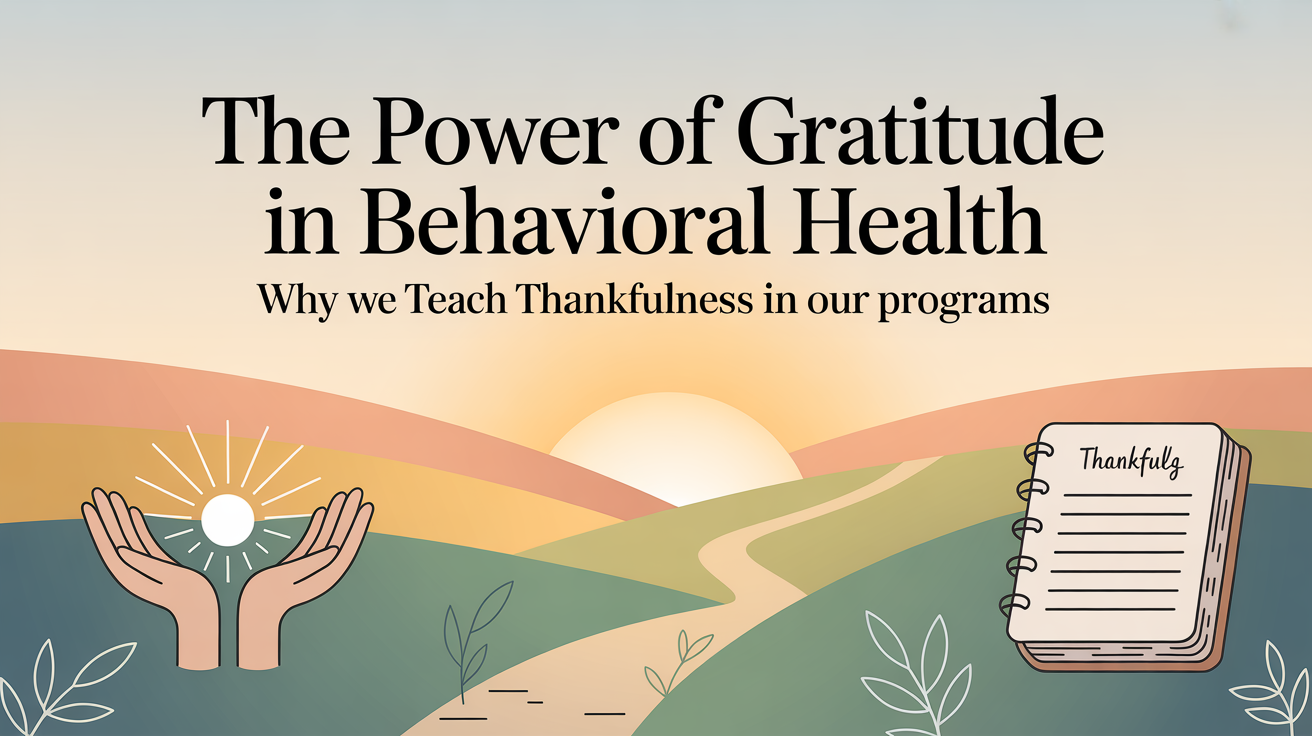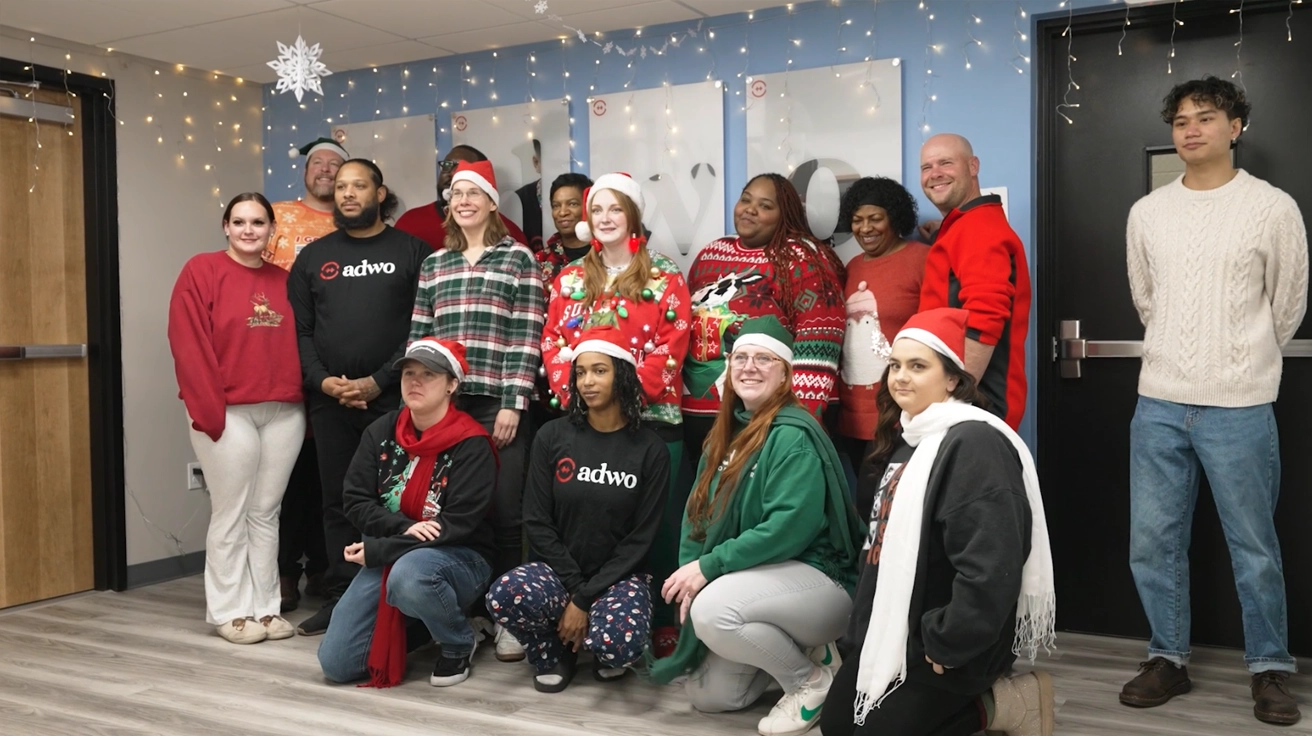
Thanksgiving isn’t just a season of food and family gatherings. For behavioral health providers like ADWO Behavioral Services, it’s a powerful opportunity to teach and practice gratitude, a skill that supports emotional growth, reduces stress, and increases overall wellness for children, teens, and adults with cognitive or behavioral needs.
While many people associate gratitude with simple expressions of “thank you,” in therapeutic settings, gratitude is a clinical tool. When used consistently, it helps build resilience, strengthens relationships, and supports emotional regulation—qualities that are especially important for the youth and adults we serve in our after-school, wraparound, and residential programs.
Many of the children and teens we serve experience emotional overwhelm or difficulty managing big feelings. Gratitude can act as an anchor.
In therapy sessions and daily residential routines, our staff encourages clients to pause and identify something positive—even something small. This intentional pause helps them build self-control and emotional resilience.
Youth in behavioral programs sometimes struggle with connection, trust, or social communication. Practicing gratitude helps them develop positive relationship skills.
In our residential and after-school settings, we incorporate gratitude activities to help clients improve communication and understand the value of teamwork and community.
Research consistently shows that gratitude promotes mental health by lowering stress levels, decreasing anxiety, and increasing overall emotional stability.
During the Thanksgiving season, we highlight gratitude as a coping mechanism that clients can continue using throughout the year.
In behavioral health settings, thankfulness is more than an emotion—it’s a behavioral practice.
At ADWO, our staff uses gratitude to help clients:
For example, acknowledging progress (“I am thankful I stayed calm today”) reinforces positive behavior and encourages clients to continue building healthy habits.
Resilience develops when individuals can bounce back from challenges. Gratitude plays a critical role in that growth.
In our wraparound and residential programs, resilience-building is central. Gratitude gives clients a foundation to recognize their progress and keep moving forward, even when challenges arise.
We don’t limit gratitude lessons to Thanksgiving. It’s built into our year-round therapeutic approach.
🟠 Gratitude Journals – Clients write or draw things they appreciate
🟠 Group Gratitude Circles – Youth share one positive thing from their day
🟠 Thankfulness Boards – Visual displays in our homes and programs
🟠 Daily Check-Ins – Therapists incorporate gratitude into counseling
🟠 Acts of Service Projects – Teaching gratitude by helping others
🟠 Staff Modeling – Caregivers openly express appreciation to clients
These tools help clients internalize gratitude not as a holiday tradition, but as a life skill.
Parents and caregivers often feel overwhelmed—especially during the holidays. We encourage families to incorporate gratitude practices at home, too.
Even simple daily moments of thankfulness can reshape family dynamics.
At ADWO Behavioral Services, we believe gratitude is more than a holiday theme—it’s a transformative therapeutic practice that helps children, teens, and adults thrive.
Teaching gratitude empowers clients to:
✨ Regulate emotions
✨ Strengthen relationships
✨ Build resilience
✨ Practice positive behavior
✨ Improve mental wellness
This Thanksgiving season, we celebrate the incredible growth of the individuals and families we serve—because gratitude truly changes lives.



Please submit your email address and we will reach out to you
And we'll reach out to you